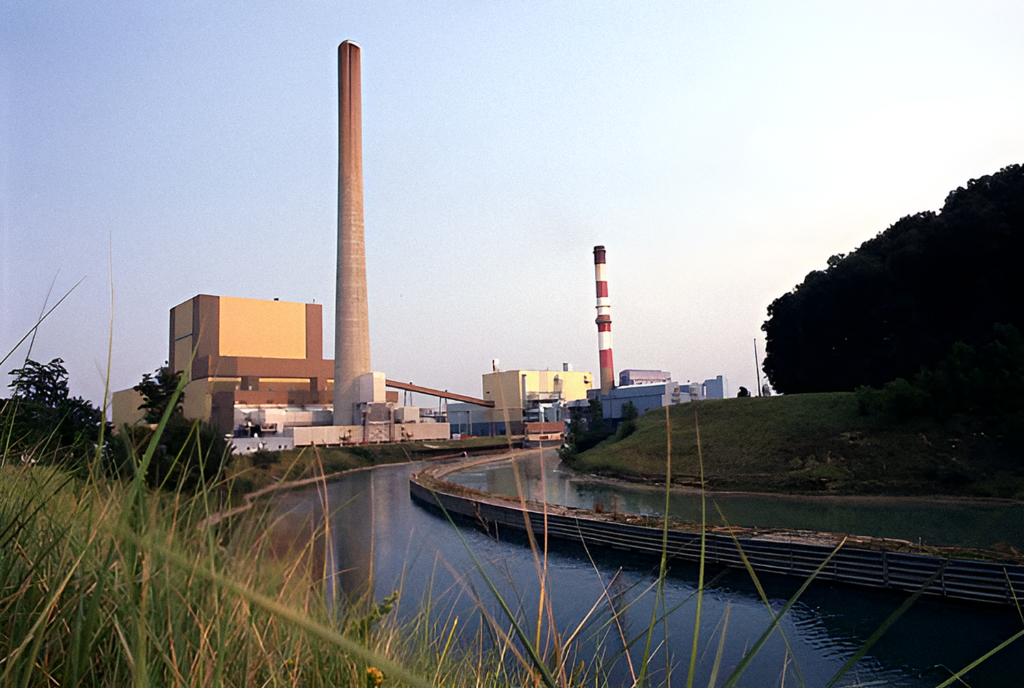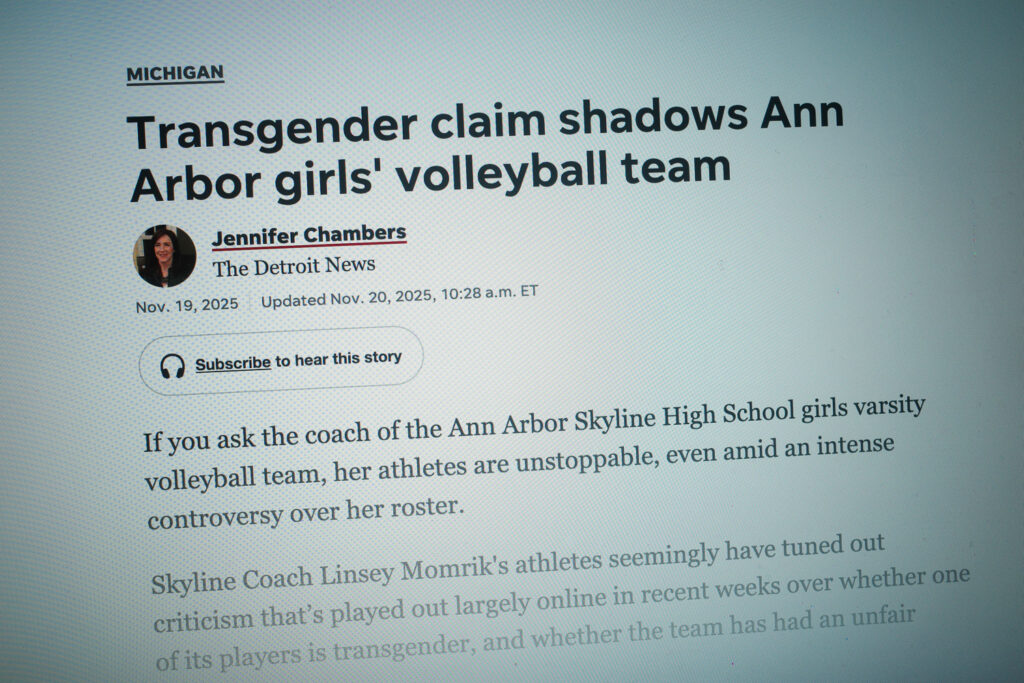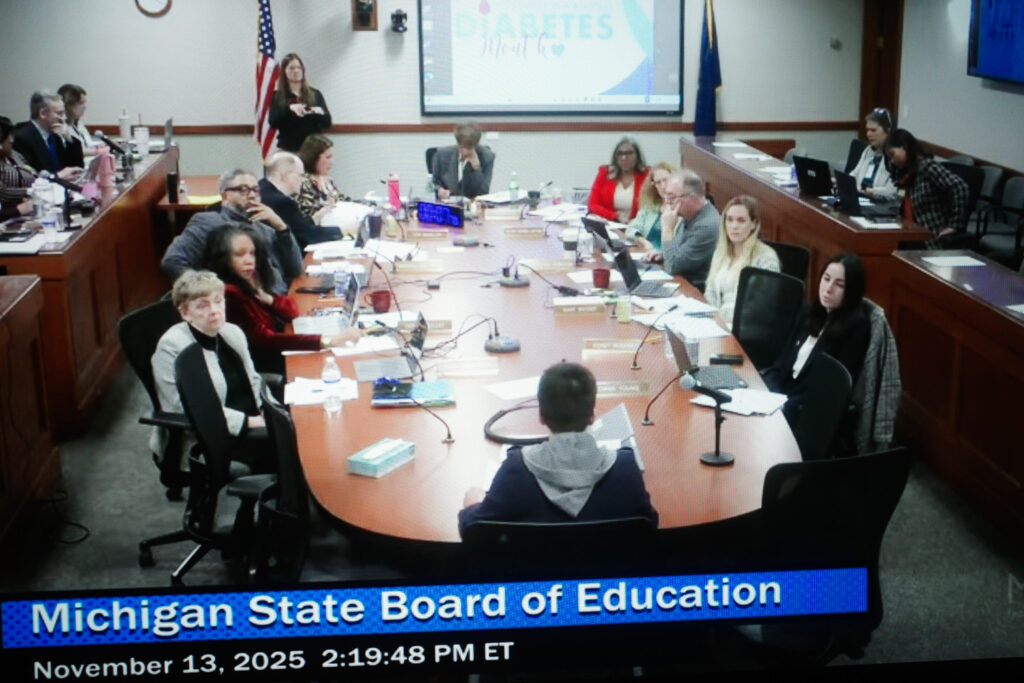Holland — Energy security is at risk for West Michigan.
The J.H. Campbell power plant, which is owned by Consumers Energy and provides power to over a million residents in Ottawa County and beyond, is slated for closure.
Originally, the utility was to begin shutting down facilities in 2031 with completion by 2040 under Biden-era policies to meet the company’s clean energy goals. But Gov. Gretchen Whitmer has fast tracked the closure from 15 years to next month.
There’s a risk that there won’t be enough power to fill the gap, and not just for Michigan. According to the North American Electric Reliability Corporation’s December 2024 report, “out of 11 North American power grids networks extending from the Canadian Arctic to the Gulf, the only network receiving a ‘High Risk’ warning for shortfalls in electricity supplies is the MISO grid”—of which the Campbell plant is a member.
The report further explains that “resource additions are not keeping up with generator retirements and demand growth.” That’s with the Campbell plant still operating.
Using more energy than we produce becomes a problem that takes years to solve.
The Ottawa Board of Commissioners voted for a resolution to delay the closure to address community concerns. The resolution was approved. Consumers Energy’s response?
“It doesn’t change our plan.”
Instead, Consumers is looking to offset the energy loss with the purchase of the eighth-largest source of fossil-fuel emissions in Michigan, the Covert plant. It’s located just minutes from the Palisades nuclear plant.
Michigan’s green-energy sources just don’t supply enough to offset the negative trajectory West Michigan is on. Even those “green” solutions come with their own environmental hazards to consider.
If you’re in a small community, like so many of us in Michigan, you understand just how important it is for local decisions to be made at a local level.
“The best people that know are the people that live here. They know that heavy snow storms and rain don’t always work on our solar panels,” said an Ottawa County board member.
Except the windmills throughout our state are placed and operated by an agency that supersedes local authorities.
To make matters worse, the state approved a massive energy bill increase for Consumers Energy customers across the state, to the tune of $154 million. Consumers initially requested almost double that, just 91 days after their last increase.
A week after the approval, Consumers began asking the state to increase rates again.
The Ottawa County board of commissioners, at a committee meeting earlier this month, showed how much of a struggle it is to find consensus.
While many have bowed their heads in defeat, commissioners like Allison Miedema and Sylvia Rhodea are interested in fighting at a local level to secure their county’s energy supply.
Some of the board felt their due diligence had already been met.
“We did what we needed to do, we expressed our concern,” commissioner Jim Barry said.
Some did not want to invest any more money on the issue or thought it was a problem to be handled federally.
Rhodea addressed her fellow commissioners’ concerns before moving to amend the motion to include advocacy and litigation to aggressively pursue solutions to this problem, and to assist federal agencies in moving forward with their own action.
“Our businesses and agriculture industry would be devastated without power,” Rhodea said. “We have the assets, we have the ability. We have a responsibility and an obligation to our county. If we don’t act, it’s on us. Hopefully others join us, but it’s on us.”
She also addressed financial concerns.
“This is not our money, this is not the board’s money, it’s the taxpayers money,” Rhodea said. “We are a well-funded, well-run county and owe our county accountability.”
Her motion did not pass.
Before the 1950s, Michigan’s power was actually found in the municipalities. Now, years later, it is snug and secure in the private hands of Consumers Energy and DTE.
Despite all of the issues that led Ottawa County’s leaders to pass the resolution, Consumers Energy has been dismissive.
“It’s not that we don’t want to hear or discuss concerns,” the power company’s spokesperson told Fox 17. “It’s just, unfortunately, it’s too late”.
Too late to stop a years-early closure, mind you.
To Consumers and some of our state regulators, shutting down working power plants on their timetable apparently matters more than energy security or community concerns.
While they make their money, they risk our power.
Devinn Dakohta is a contributing writer for Michigan Enjoyer. Follow her on Instagram @Devinn.Dakohta and X @DevinnDakohta.



